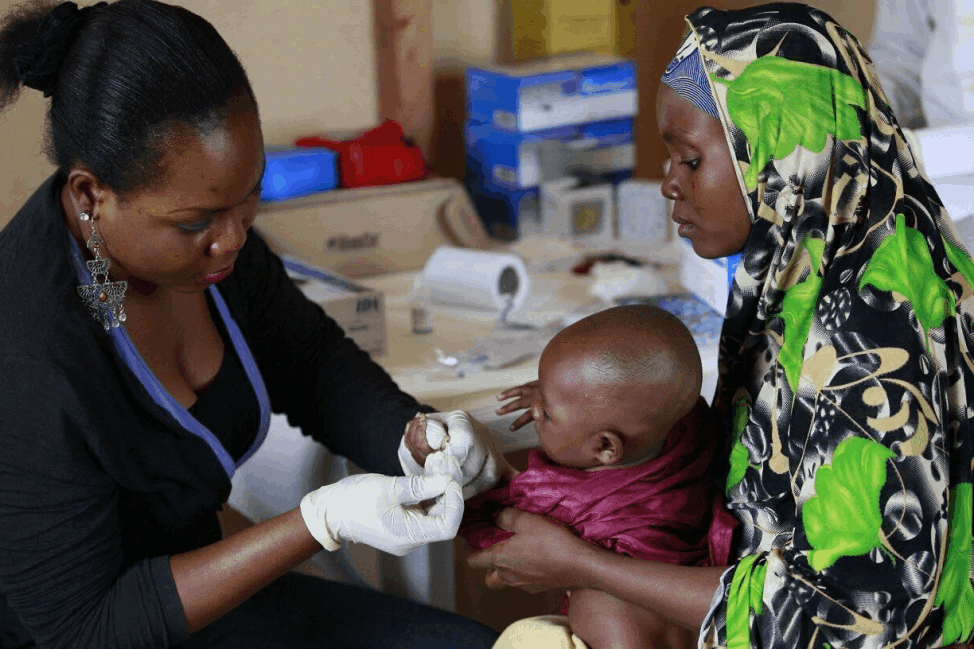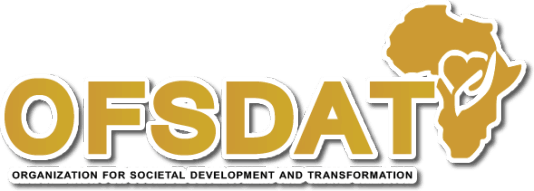
The health care professionals on the ground in Africa know the frustrations first hand: counterfeit pharmaceuticals; shopping malls equipped with air-conditioning, while sweltering medical clinics limp along without it; much-needed medical equipment such as MRI machines getting caught up in the gridlock of international customs.
Africa, too, is confronting an increased demand beyond the treatment of AIDS, malaria, and other communicable diseases to address the non-communicable ones such as hypertension, which are growing as the middle class increases.
Health care in Sub-Saharan Africa remains the worst in the world, with few countries able to spend the $34 to $40 a year per person that the World Health Organization considers the minimum for basic health care. And despite widespread poverty, an astonishing 50% of the region’s health expenditure is financed by out-of-pocket payments from individuals.
Donor attention has yielded remarkable efforts to fight HIV/AIDS, tuberculosis, and malaria. But most of the region lacks the infrastructure to deliver health care and faces a severe shortage of trained medical personnel. As Africa's economies improve, the demand for good quality health care will only increase further.
